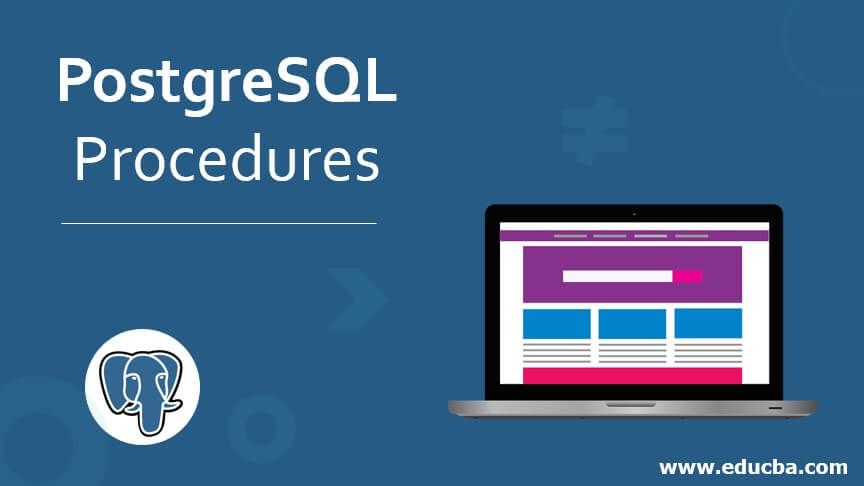Stored procedures and functions are essential elements of a database system that encapsulate the logic of the data processing. SQL Server and PostgreSQL have similar syntax rules of composing those objects, however there are some differences also. While SQL Server’s T-SQL allows dynamic determination of result sets returned by a procedure, this is not the case for PostgreSQL. Due to such challenges, migrating stored procedures and functions from SQL Server or Azure SQL to PostgreSQL is a complex task that requires expertise and careful consideration.
When migrating from MS SQL or Azure SQL to PostgreSQL, it is necessary to rewrite stored procedures as functions. Therefore, it is important to research best practices for translating stored procedures from SQL Server or Azure SQL to PostgreSQL functions to ensure that the underlying problem is understood, rather than simply converting the syntax. Additionally, local variables in PostgreSQL functions must be declared at the beginning, while SQL Server allows variables to be declared anywhere, requiring a change in habit.
If an application uses proprietary features of SQL Server, those parts of the application that rely on SQL Server must be rewritten. A thorough understanding of both MSSQL and PostgreSQL is essential before beginning the migration process to ensure that any differences in syntax and functionality between the two systems are properly addressed.
To simplify the migration process, tools such as the SQL Server to PostgreSQL Code Converter developed by Intelligent Converters can partially automate the migration of database logic entries from SQL Server or Azure SQL to PostgreSQL. This product can migrate stored procedures, functions, triggers, and views, convert MS SQL built-in functions into PostgreSQL equivalents, map predefined MS SQL types into PostgreSQL, and handle reserved words and identifiers intelligently. Moreover, the source code may be extracted either from the database directly or from a T-SQL script file.
While the SQL Server to PostgreSQL Code Converter can automate the migration of basic syntax patterns and constructions, some manual post-processing of the output code may be required, especially for large and complicated fragments of the source code. Therefore, a thorough understanding of the differences between MSSQL and PostgreSQL is essential, even when using migration tools.
In conclusion, migrating stored procedures and functions from SQL Server or Azure SQL to PostgreSQL requires a deep understanding of both database systems and careful consideration of the differences in syntax and functionality between the two systems. While tools such as the SQL Server to PostgreSQL Code Converter can partially automate the migration process, manual post-processing may be required for complex source code fragments. By following best practices for translating stored procedures and functions, database engineers and other responsible staff can ensure a successful migration from SQL Server or Azure SQL to PostgreSQL.











